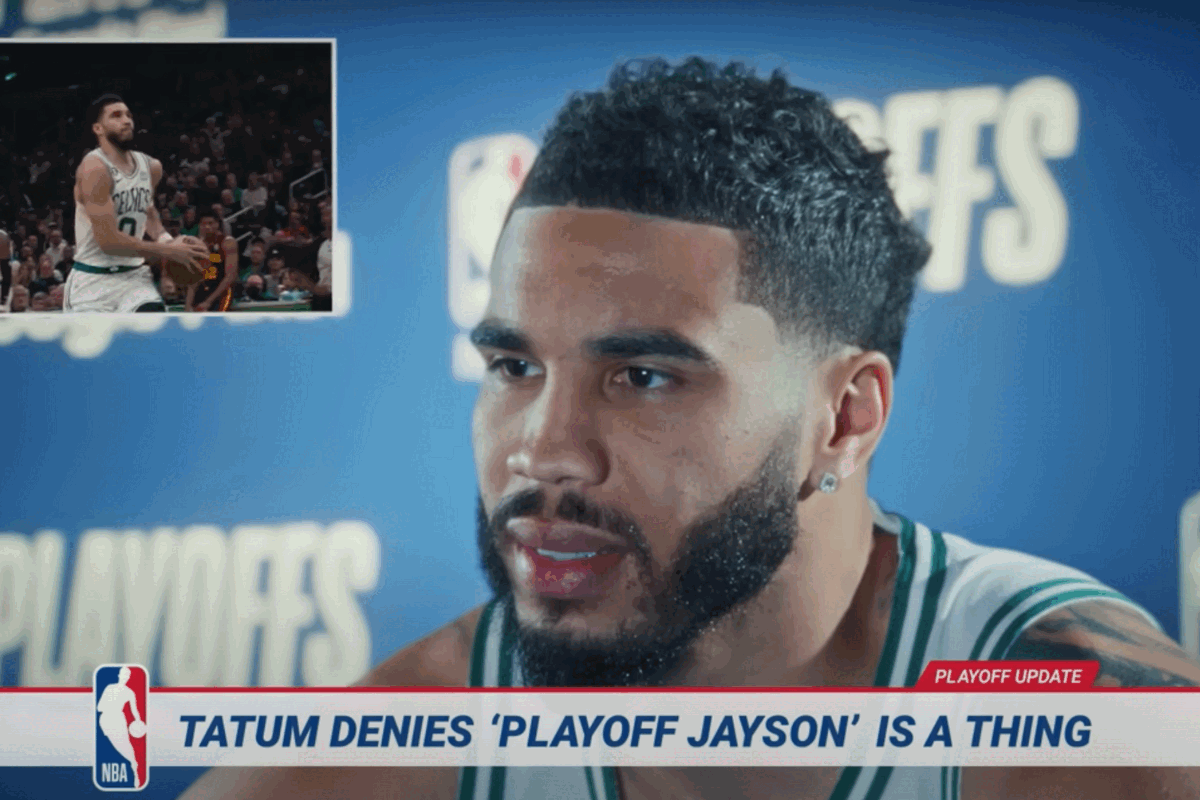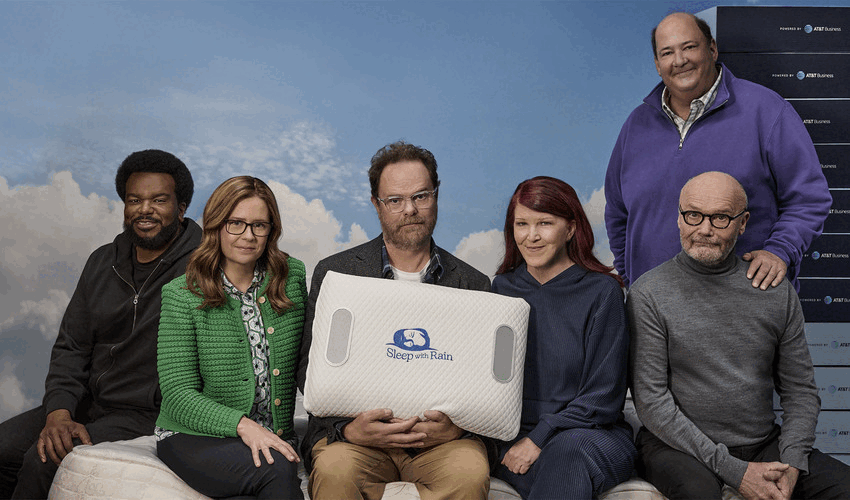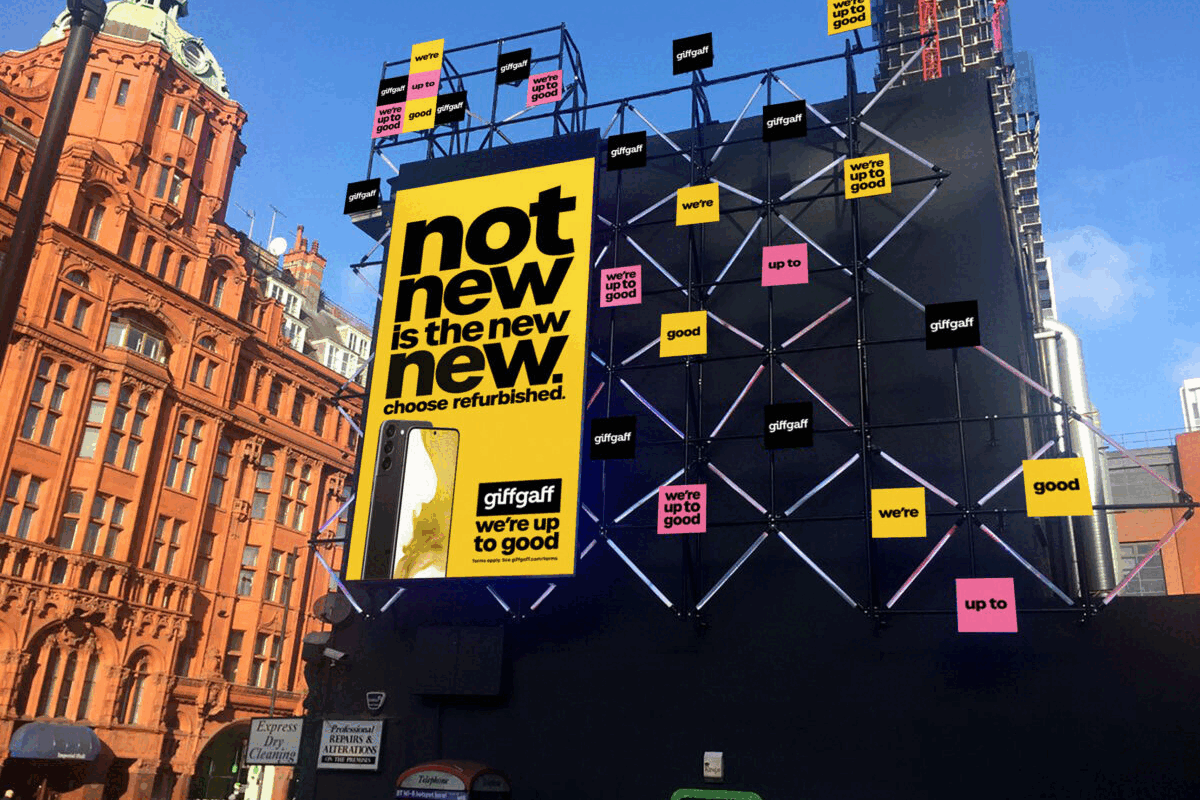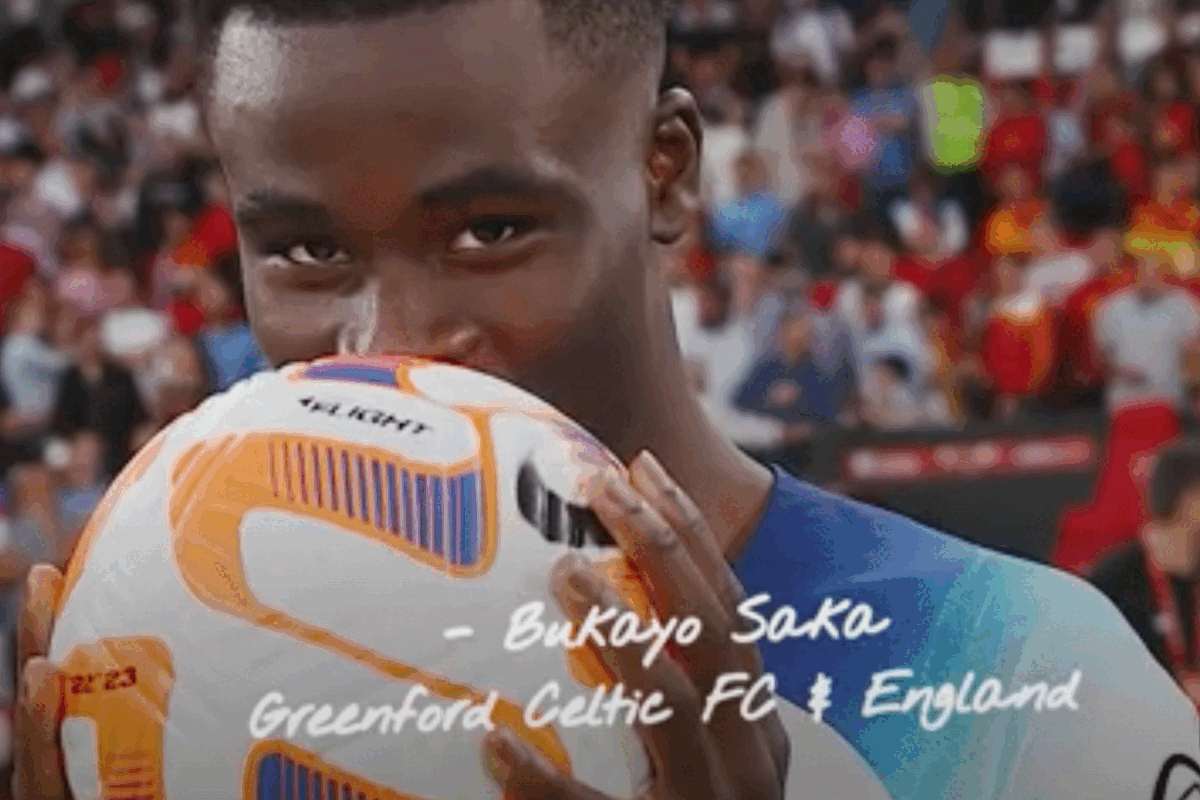Ad-funded virtual mobile network Blyk has denied reports that it is planning to scrap its direct-to-consumer offering, which launched in September 2007. A story which appeared in New Media Age earlier today said that Blyk was preparing to close down its direct-to-consumer business to focus on operator partnerships.
But speaking exclusively to Mobile Marketing Magazine, Ann Sarimo, who is responsible for communications at Blyk, described the story as complete speculation.
There was a discussion between New Media Age and (Blyk UK CEO) Antti hrling, about our partnering approach, but this has been misconstrued and sensationalised, and it has created a bit of a mess for us unfortunately, Sarimo said. We are not closing shop. We are actively expanding, and we are in negotiations with partners right now. Our members are our core asset. Our total proposition is partly based on the advertising side of things, but its also about the whole user experience and audience management. We are not just a technology solution, we are a total mobile marketing solution, based in part on the advertising and messaging component, but its very much about a total experience and an audience of happy, engaged users.
In a statement released by Blyk, theres a line that says: This change is part and parcel of Blyks journey. When asked about this, Sarimo said the change in question was not a move away from acting as a virtual network, but the addition of the partnership model to the companys existing direct-to-consumer model.
Blyk originally offered 16-24 year olds 217 free texts and 43 minutes of free talk time each month, in return for accepting targeted advertising on their phone each day. Blyks model has been widely lauded, with high response rates to campaigns being seen by many as proof that the ad-funded mobile network concept could work.
But Blyk recently changed the terms of its offer, replacing the 217 free texts and 43 minutes of talk time with 15 of credit each month. And even if the company is retaining its direct-to-consumer operation, it has some work to do to convince brands and agencies to use it. One mobile marketing firm who used Blyk once, said today that they did not return because they felt the network does not have sufficient reach. Christian Louca, UK Country Manager and Head of Publishers at YOC, told Mobile Marketing:
When the idea first emerged, it seemed like a really interesting concept, a clever idea with lots of potential, but the problem is reach. In order to be able to give brands value, they need to have reach, and an extensive strategy in terms of acquiring customers and then retaining them, and this is always difficult.
We ran a campaign with Blyk for Coca-Cola, which was a relatively OK experience, but we did not go back, because as a mobile marketing agency using Blyk, its a great place to run a test campaign, but it comes back to reach. Its a good place to test the marketplace, but it doesnt seem to have come out of that space.

Global mobile and digital marketing information, expert advice and updates straight to your inbox














